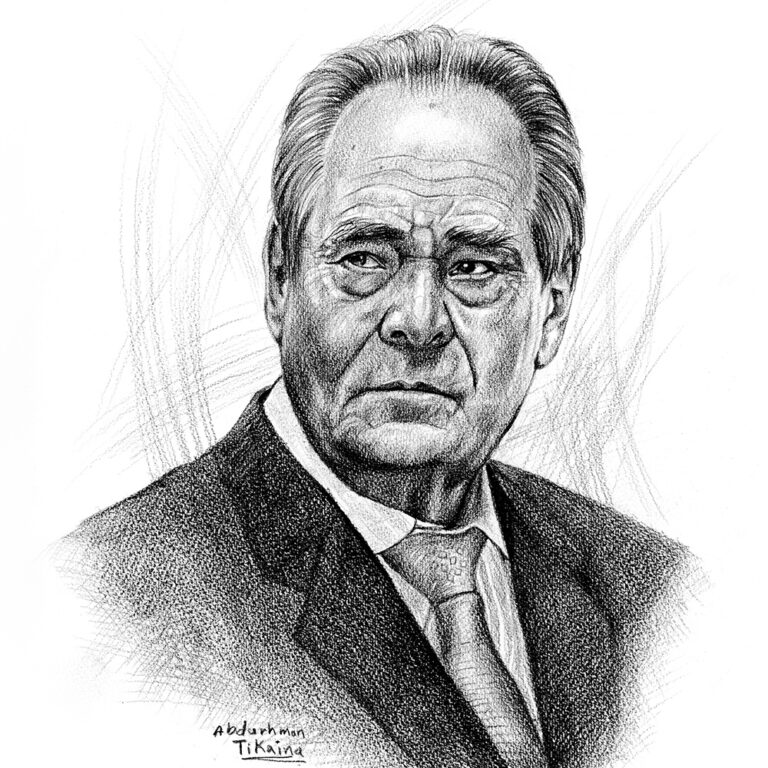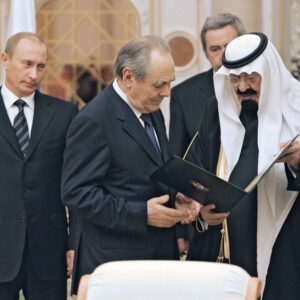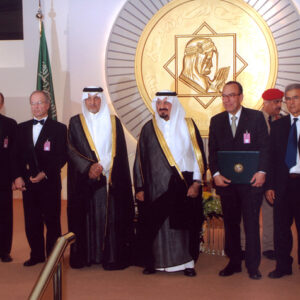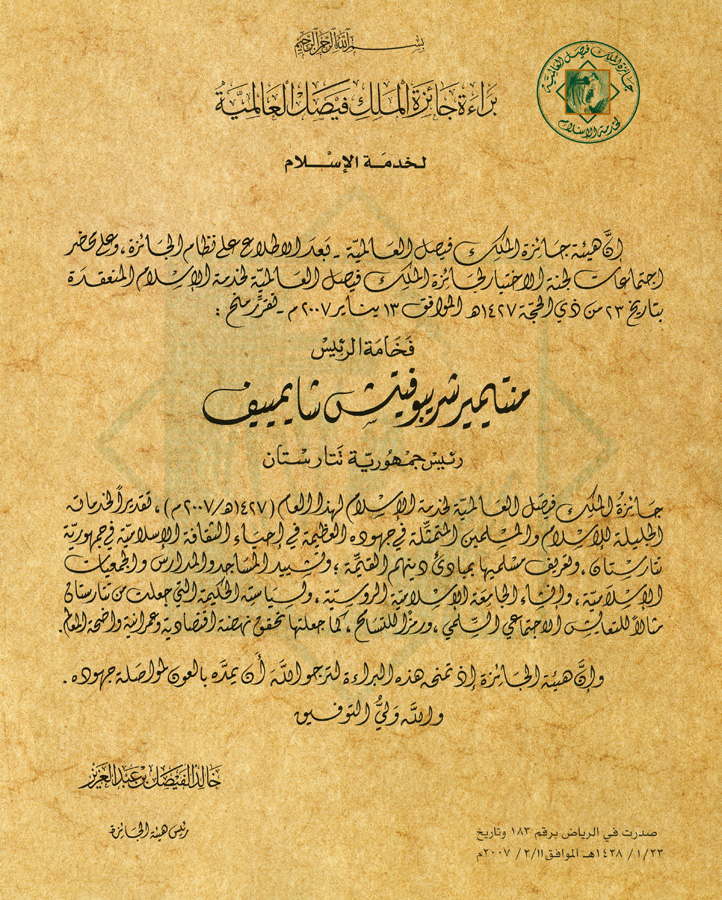

H. E. Mintimer Sharipovich Shaimev
King Faisal Prize in Service to Islam 2007 Laureate
Nowadays, we are going through a positive process of spiritual renaissance in the Russian society and the state, including that of Russian Muslims

Mintimer Shaimiev studied mechanization at Kazan Institute of Agriculture, and served as an agricultural engineer, then as a Chief Engineer and a Manager of the District Association in Menzelisk, and subsequently as an Instructor and a Deputy Head of the Agricultural Department of the Tatar Regional Committee in Kazan. In 1969, at the age of 32, he was appointed a Minister of Land Reform and Water Management of the Tatar Autonomous Soviet Socialist Republic (ASSR). From that time onward, he progressed rapidly through senior political positions, becoming a First Deputy Prime Minister in 1983 and a Chairman of the Council of Ministers of Tatar ASSR in 1985. In 1990, he was elected a Chairman of the Supreme Council of the Tatar ASSR, which adopted the Declaration of State Sovereignty, and in 1991, he became the first President of the Republic of Tatarstan.
His farsightedness and judicious policies have turned that country, with its multi-ethnic and multi-religious communities, into an oasis of social understanding, peace, and tolerance. His calm and stabilizing rule has been instrumental to the progress and economic and cultural development of Tatarstan. His accomplishments in different cultural, political, and international fields have led to his re-election for two more terms as President ending in March 2010, after which he decided that he did not want to be re-nominated for President. His other positions include membership of the Russian Federation State Council and co-chairmanship of the United Russia Party.
President Shaimiev’s distinguished services to Islam and Muslims are best exemplified by his efforts to revive Islamic culture and heritage, particularly in Kazan, the capital city of his country, and to disseminate Islamic knowledge and values among Tatarstan Muslims. His accomplishments include building more than 1000 mosques, many of which had been destroyed during previous eras, including 40 mosques in Kazan where only 4 mosques were left during the communist rule. His presidency also witnessed the inception of numerous Islamic schools, societies, and printing houses for the Holy Qur’an and major Islamic books, the establishment of the first Russian Islamic University, which teaches in Russian, Tatarian, and Arabic languages, and the inauguration of the Ghol Sharif mosque, a stunning work of Islamic architecture.
President Shaimiev received numerous prestigious awards and honors both at home and internationally.
This biography was written in the year the prize was awarded.
- He received many orders including:
- The Olympic Order in 2008.
- Kazakhstani Order of Friendship (First Class) in 2010.
- Order of Merit for the Fatherland in 2010 and 2014.
- Order of St. Andrew in 2022.



